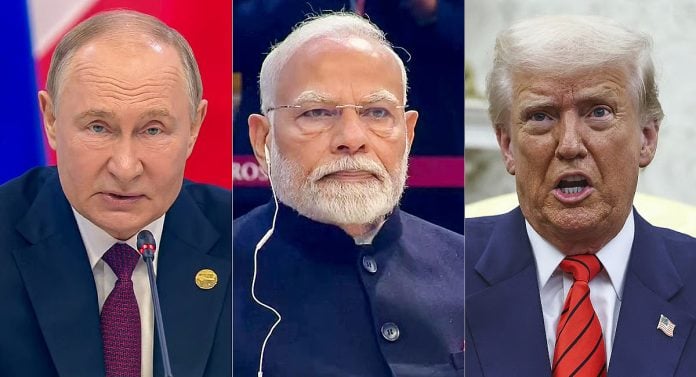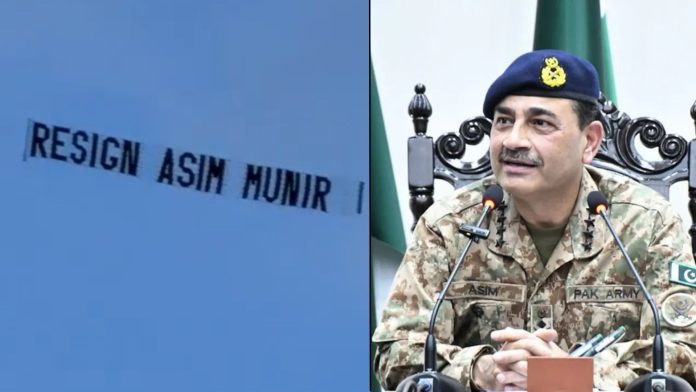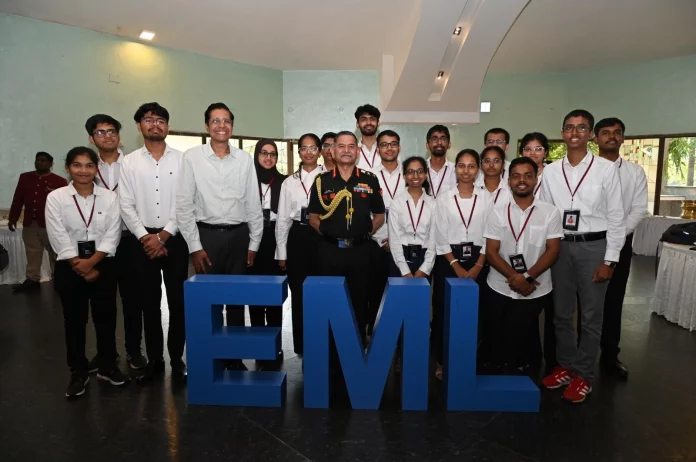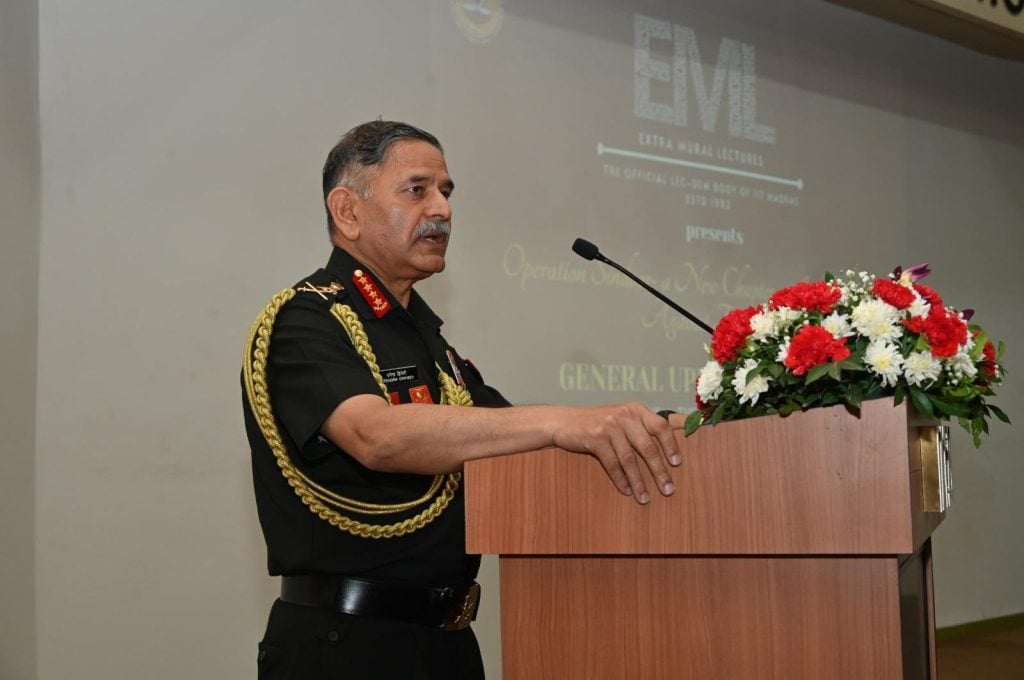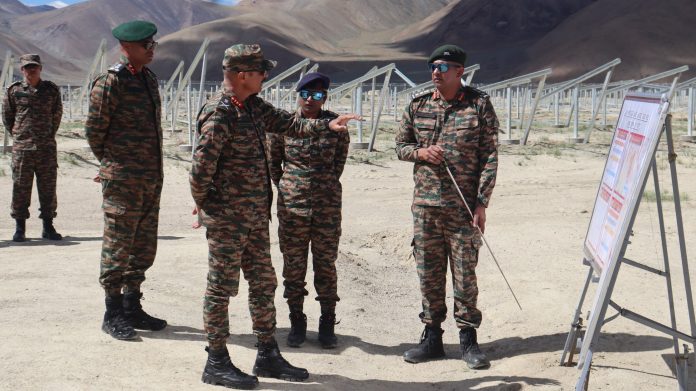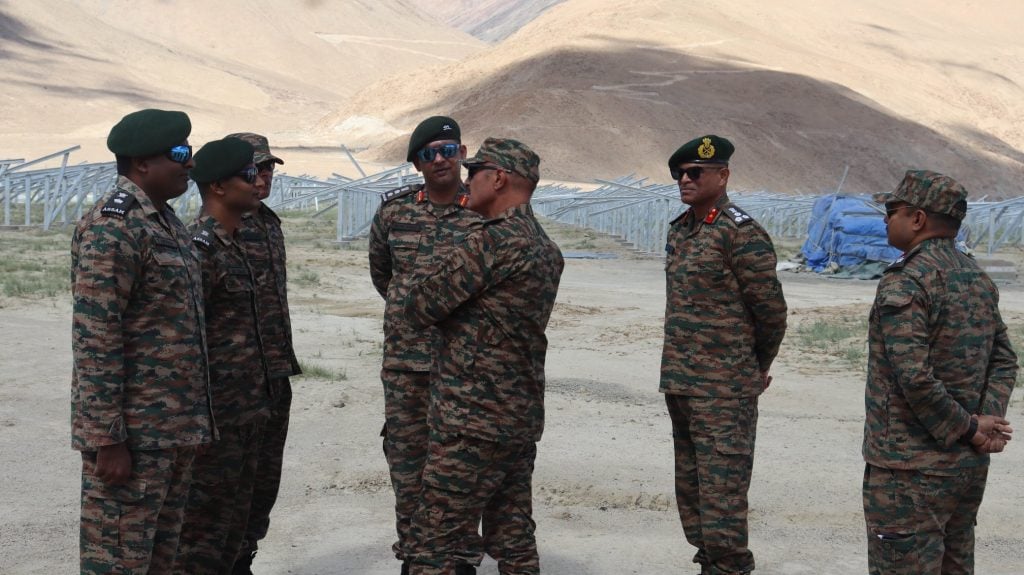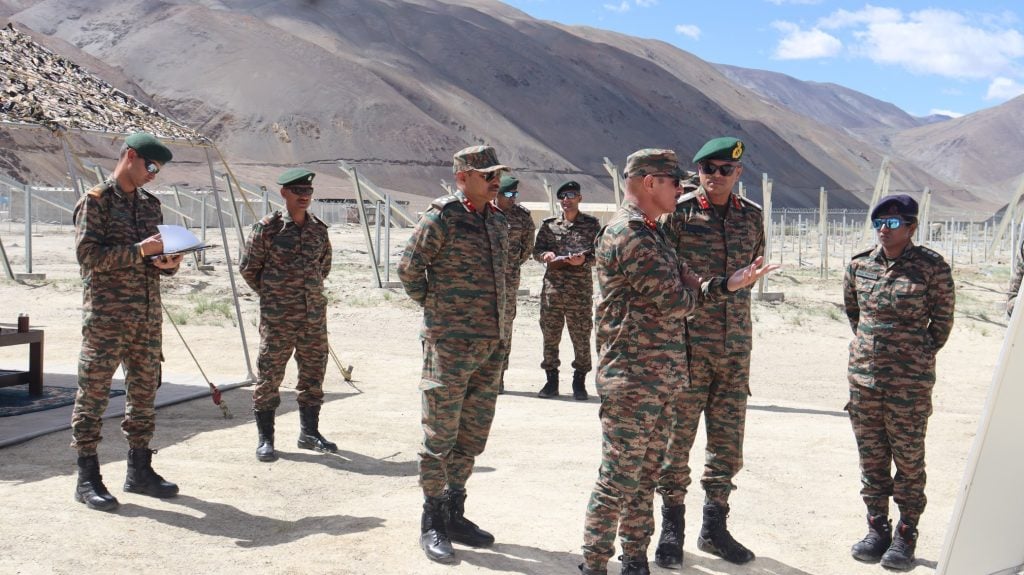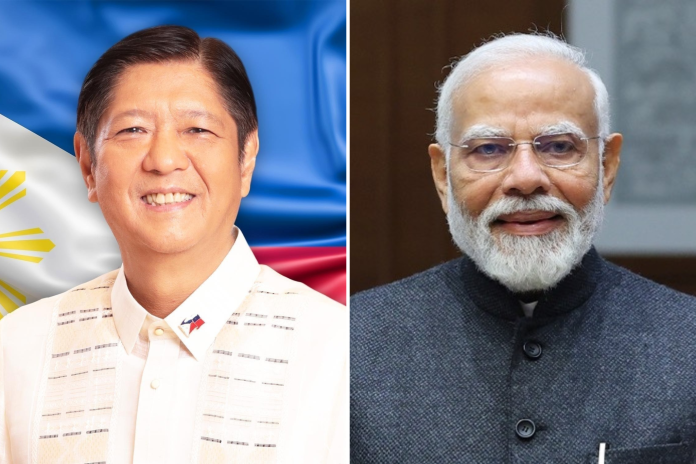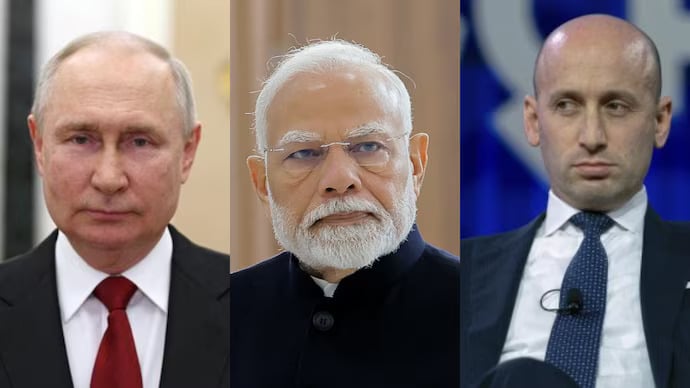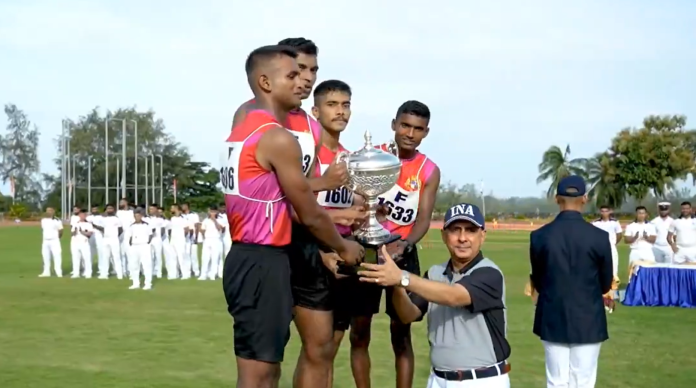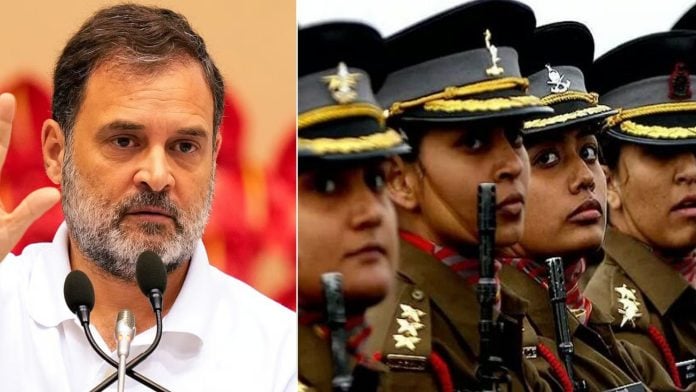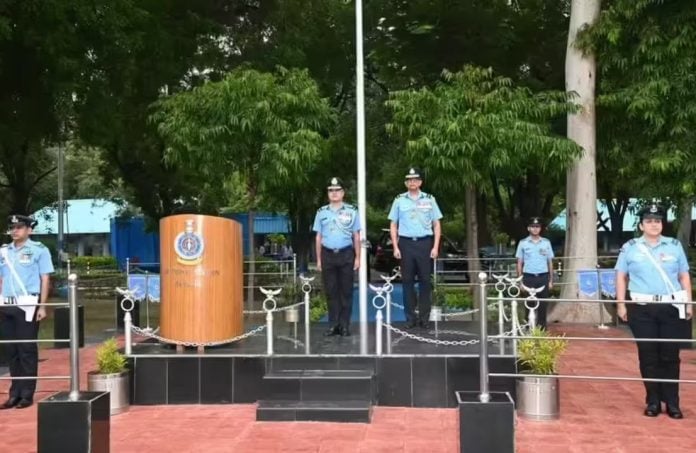U.S. President Donald Trump has once again lashed out at India over its continued oil trade with Russia, warning of a “substantial” increase in tariffs on Indian goods imported into the United States.
In a post on his social media platform, Truth Social, Trump alleged that India is not only importing large volumes of Russian crude but also reselling much of it on the open market for profit. “They don’t care how many people in Ukraine are being killed by the Russian War Machine,” he wrote. “Because of this, I will be substantially raising the Tariff paid by India to the USA.”
While Trump did not specify the exact tariff rate in his latest remarks, the statement follows an earlier announcement where he proposed a 25 percent tariff on Indian imports, along with an unspecified economic penalty.
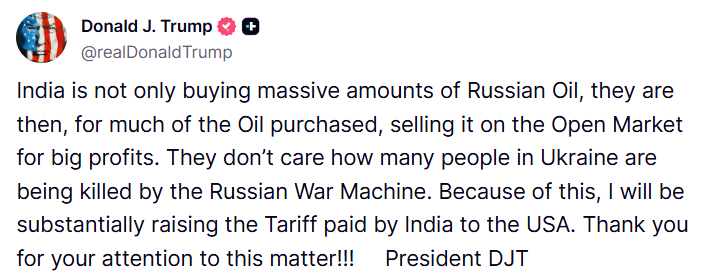
Sources within the Indian government have downplayed the threat, telling NDTV that the move is expected to have only a “negligible” effect on the Indian economy. According to internal assessments, any potential loss to India’s GDP would likely remain below 0.2 percent.
Officials also reiterated that India’s oil purchases from Russia will continue. “India’s energy purchases are driven by national interests and market forces,” a senior official said, adding that there are no plans to halt Russian crude imports.
India, now the world’s third-largest oil importer after China and the U.S., significantly increased its intake of Russian oil after Moscow began offering steep discounts following Western sanctions related to the Ukraine war. Prior to 2022, most of India’s oil came from the Middle East.
Trump’s warning also comes amid his broader frustration with Moscow over the lack of a ceasefire in Ukraine, with the U.S. president reportedly considering additional sanctions against Russia in the coming weeks.
While the bilateral relationship between India and the U.S. has seen growing strategic convergence in recent years, Trump’s protectionist stance and tough rhetoric could put fresh strain on economic ties between the two nations.

